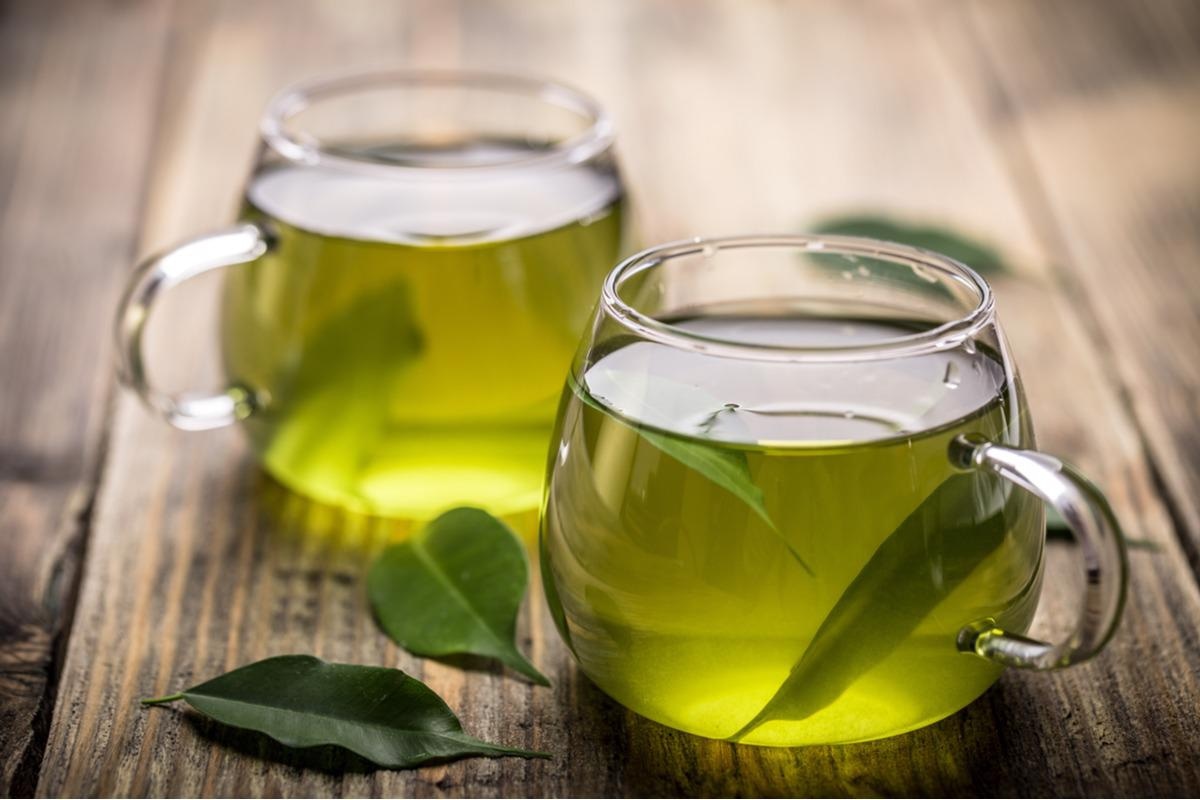A study recently published in the Clinical Nutrition Open Science journal examined the association between consumption of green tea and severe acute respiratory syndrome coronavirus 2 (SARS-CoV-2) infection in the Japanese population.
 Study: Green tea consumption and SARS-CoV-2 infection among staff of a referral hospital in Japan. Image Credit: grafvision/Shutterstock
Study: Green tea consumption and SARS-CoV-2 infection among staff of a referral hospital in Japan. Image Credit: grafvision/Shutterstock
Studies have shown that green tea can help decrease the risk of influenza and upper respiratory tract infections. Moreover, epigallocatechin gallate, which is abundantly found in green tea, has been shown to inhibit infection and transmission of SARS-CoV-2. Also, countries with high consumption of green tea have been shown to have a lower coronavirus disease (COVID-19) morbidity/mortality rate.
About the study
In the present study, researchers investigated the association of green tea consumption with COVID-19 infection in a group of healthcare workers in Japan. Participants of the study were staff of a Tokyo-based referral hospital. The researchers used data from an ongoing repeat COVID-19 serological survey in workers of the National Center for Global Health and Medicine, Japan. Participants donated venous blood, and their IgG and total antibodies against the SARS-CoV-2 nucleocapsid (N) protein were measured.
Green tea consumption was determined using a questionnaire, while SARS-CoV-2 infection was ascertained with the help of in-house records of antibody test- or PCR-confirmed COVID-19 cases. Participants were asked about green tea consumption during the previous month with six options ranging from “none or ≤2 day/week” to “≥4 cups/day”. Participants were divided into four categories based on the responses ranging from <1 cup to ≥4 cups a day.
The team used multiple logistic regression to estimate the odds ratio (OR) of SARS-CoV-2 infection according to consumption of green tea.
Results
Out of the total 2640 participants, 767 were men, and 1873 were women; their age range was 21-75 years. Almost 3% or 74 participants were confirmed or suspected to have been SARS-CoV-2-positive during the epidemic.
Baseline characteristics of participants showed that those with higher green tea consumption had higher BMI and utilized public transportation compared to individuals with lower green tea consumption. No other differences were observed based on green tea consumption.
Nearly 40% or 1049 participants consumed green tea daily.
Overall, SARS-CoV-2 infection was not significantly associated with the consumption of green tea. There was an indication of a decrease in the odds of SARS-CoV-2 infection associated with the consumption of 4 or more cups of green tea a day, with an OR of 0.51 and a 95% confidence interval (CI) of 0.20–1.31.
The decreased odds, though not statistically significant, was observed for PCR-confirmed SARS-CoV-2 infection with a multivariable-adjusted OR of 0.36 and 95% CI of 0.08–1.58, for antibody test-suggested SARS-CoV-2 infection with an OR of 0.72 and 95% CI: 0.21–2.44, for COVID-19 diagnosed before vaccination with an OR 0.28 and 95% CI: 0.04–2.24, and COVID-19 diagnosed after vaccination with an OR or 0.46 and 95% CI: 0.06–3.71.
Conclusions
In the present study conducted among healthcare workers in Japan, where green tea is a popular drink, there was no statistically significant evidence of an association between green tea consumption and risk of SARS-CoV-2 infection confirmed by PCR or antibody tests.
However, individuals who consumed more than 4 cups of green tea a day had a lower odds of SARS-CoV-2 infection, although this finding was not statistically significant. This was in line with previous data showing that epigallocatechin gallate can inhibit SARS-CoV-2 infection and transmission.
Since the lower odds of infection in people with high green tea consumption was observed across many different outcomes (PCR or antibody test confirmed) and timings (infection pre- or post-vaccination), this suggests that green tea consumption could prevent both symptomatic or asymptomatic infection, regardless of vaccination status. According to the authors, the lower odds of infection among individuals with high green tea consumption requires further investigation.
Studies have also shown that green tea inhibits infection by both wild-type SARS-CoV-2 and its newer variants. The results of the present study may also be applicable to the Delta variant, as the post-vaccination study period corresponded to the Delta variant-led epidemic.
Journal reference:
- Nanri A, Yamamoto S, Konishi M, Ohmagari N, Mizoue T, Green tea consumption and SARS-CoV-2 infection among staff of a referral hospital in Japan, Clinical Nutrition Open Science, doi: https://doi.org/10.1016/j.nutos.2022.01.002.